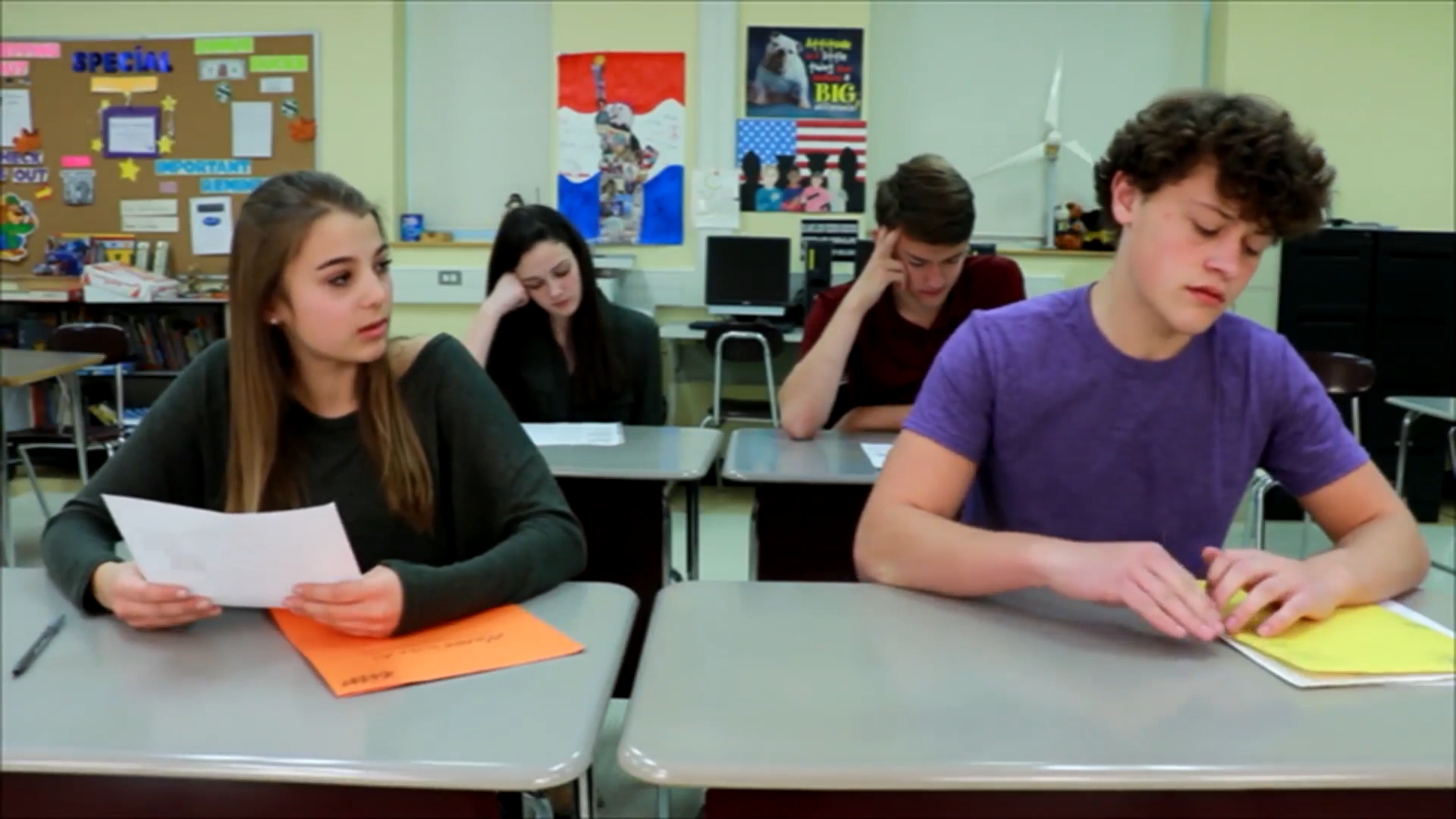Embarrassment is a natural emotion that everyone experiences. However, for middle school students with special needs, managing embarrassment can be particularly challenging. In this blog post, we will discuss the importance of teaching students how to cope with embarrassment, the role of specialists in supporting this skill development, and specific IEP goals and strategies to help students improve.
Understanding Embarrassment Management
Embarrassment management is the ability to recognize and cope with feelings of embarrassment in a healthy and constructive manner. This skill is crucial for students’ learning, social interactions, and overall wellbeing. By learning to manage embarrassment, students can better navigate social situations, build resilience, and develop positive coping strategies.
The Role of Specialists
Different specialists can play a significant role in supporting the development of embarrassment management skills in middle school students. Here’s how:
- Speech-Language Pathologists: They can help students identify and express their feelings of embarrassment and teach appropriate verbal and nonverbal responses.
- Social Workers: They can provide guidance on coping strategies and facilitate group activities that promote healthy social interactions.
- Psychologists: They can work with students to develop self-awareness, self-regulation, and emotional resilience.
- School Counselors: They can offer individual or group counseling sessions to address embarrassment management and related social-emotional skills.
IEP Goals for Embarrassment Management
Below are some examples of SMART IEP goals to help middle school students improve their embarrassment management skills:
- Goal: The student will identify and express feelings of embarrassment in appropriate ways in 4 out of 5 opportunities during the next 3 months.
- Strategy: Teach the student to recognize physical and emotional signs of embarrassment.
- Activity: Role-play various scenarios where the student may experience embarrassment and practice appropriate responses.
- Goal: The student will demonstrate the use of positive self-talk and coping strategies to manage embarrassment in 4 out of 5 opportunities during the next 3 months.
- Strategy: Introduce positive self-talk phrases and encourage the student to use them when feeling embarrassed.
- Activity: Create a list of coping strategies and practice them through role-play activities.
- Goal: The student will maintain composure and effectively manage embarrassment without acting out in 4 out of 5 social situations during the next 3 months.
- Strategy: Develop a personalized plan for the student to manage embarrassment in various situations.
- Activity: Engage the student in group activities to practice maintaining composure and using coping strategies.
Implementing and Measuring Progress
When implementing these goals, consistency and collaboration among educators, specialists, and parents are essential. Regularly track the student’s progress using data collection tools, such as observation checklists and self-assessment forms. Adjust strategies and goals as needed to ensure continued growth and improvement.
Conclusion
Teaching middle school students with special needs to manage embarrassment is crucial for their social-emotional development. By implementing these IEP goals and collaborating with specialists, educators can support students in building resilience and navigating social situations more effectively. We encourage you to explore more resources and sample materials at Everyday Speech Sample Materials.






